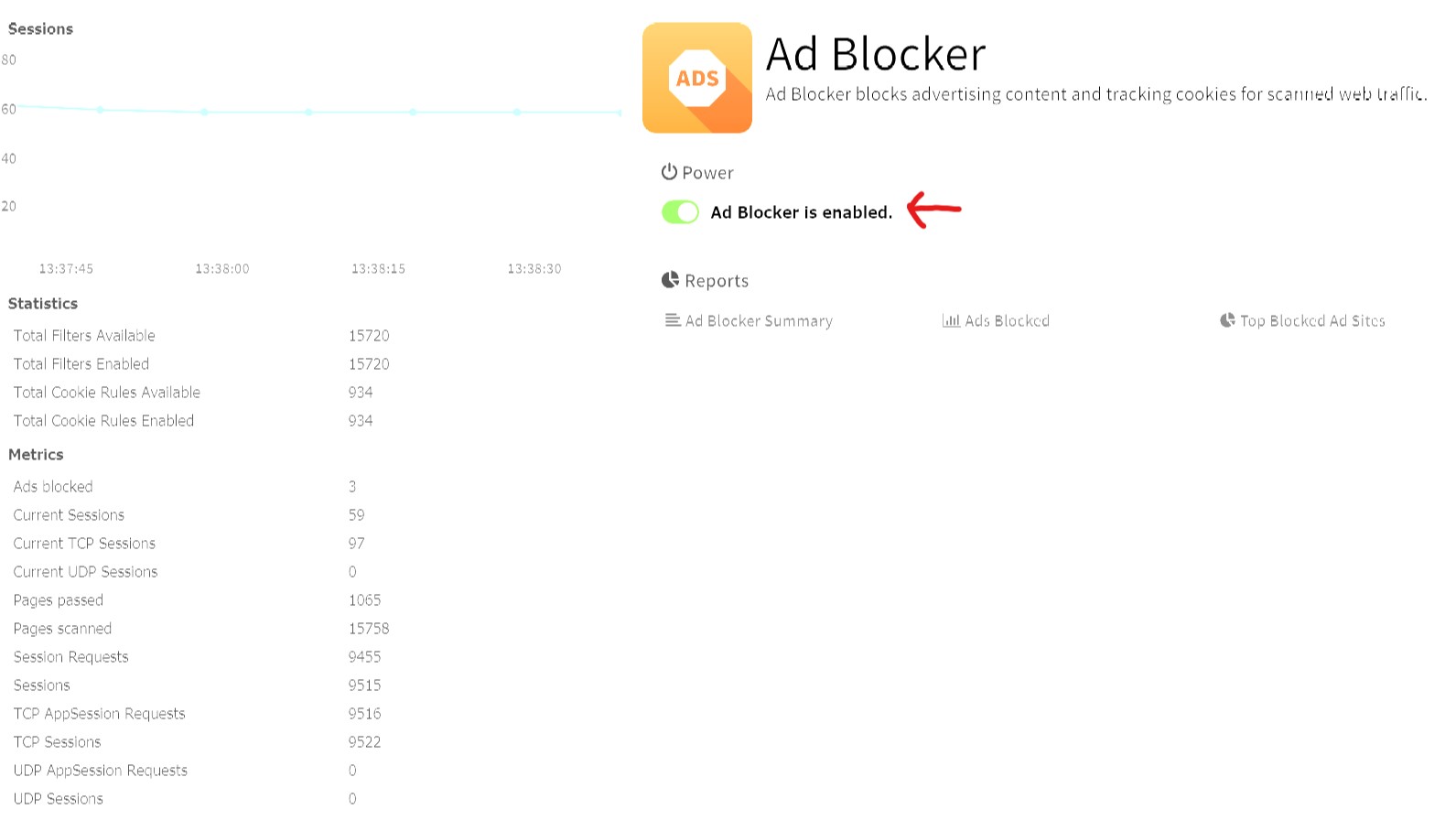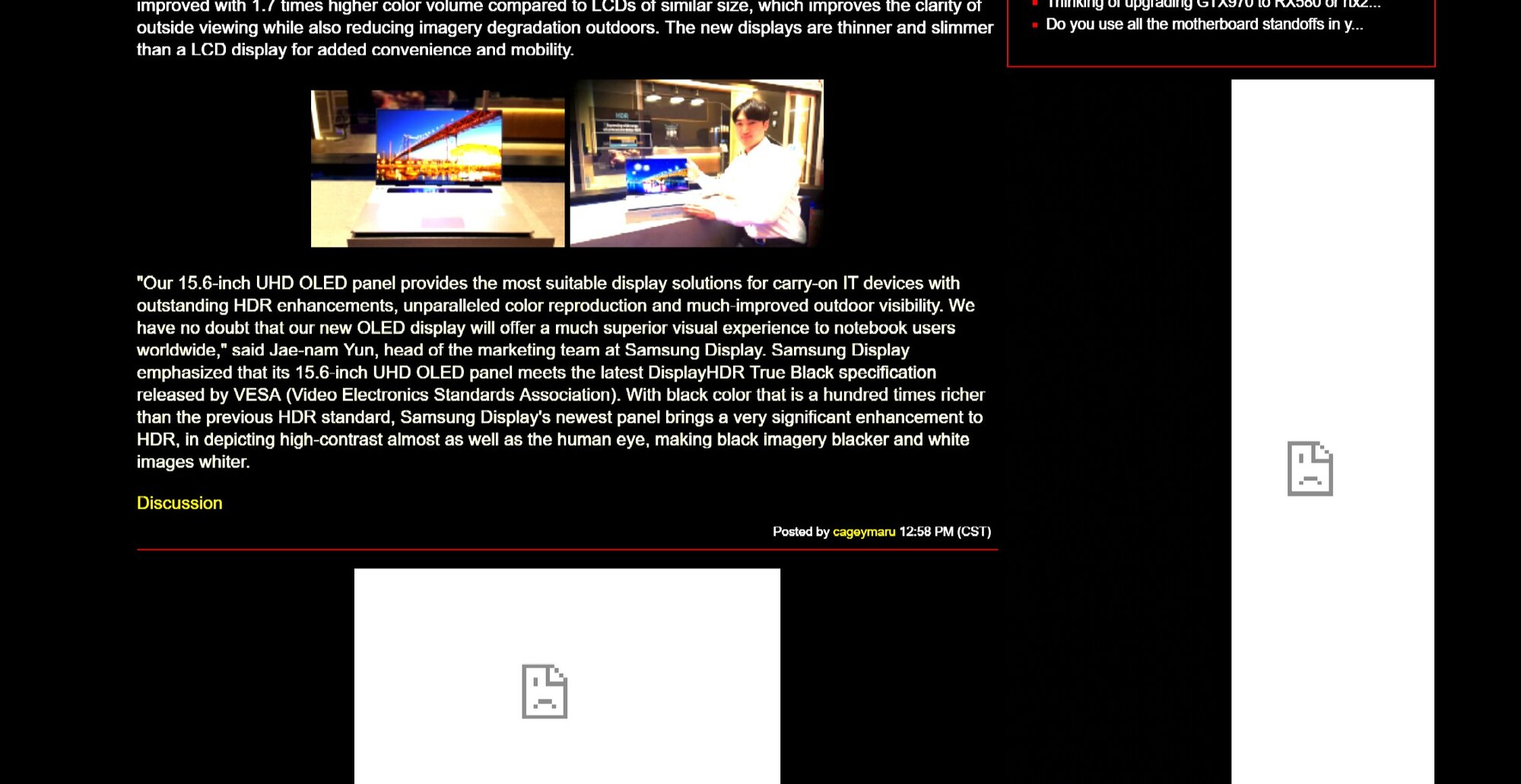- Joined
- Mar 3, 2018
- Messages
- 1,713
Citing a bug report filed on Tuesday, Motherboard says that an upcoming Chromium update could make Chrome's higher end ad blockers less effective. Apparently, the Chromium team is trying to curb the widespread abuses in Chrome's extension market by implementing some stricter restrictions on what they can or can't do. Among other things, the update restricts any extension's ability to freely block network requests sent by ads. The Chromium team developed an API to try and keep some of those features, but apparently, they modeled it after the architecture of AdBlocker Plus, hence it will severely hamper the implementation of more sophisticated extensions like uBlock Origin and EasyList.
Ad blocker extensions like uBlock Origin work by reading network requests sent from ads on a web page to a user’s computer and filtering them according to the user’s preferences through a Chrome application program interface (API) called "webRequest." In the new version of Chrome, however, extensions will still be able to see the network requests sent to a user’s computer via webRequest, but they will no longer be able to block them. Instead, ad blockers will have to rely on an API called "declarativeNetRequest" which requires them to specify which types of network requests from ads they should block in advance, rather than allowing the dynamic blocking capabilities found in uBlock. The difference is like if you were charged with protecting a house, but could only pick a few of doors to protect in advance and hope your adversary chose those doors, rather than being able to move through the house and choose which doors to protect based on the ones an adversary was actually attacking.
Ad blocker extensions like uBlock Origin work by reading network requests sent from ads on a web page to a user’s computer and filtering them according to the user’s preferences through a Chrome application program interface (API) called "webRequest." In the new version of Chrome, however, extensions will still be able to see the network requests sent to a user’s computer via webRequest, but they will no longer be able to block them. Instead, ad blockers will have to rely on an API called "declarativeNetRequest" which requires them to specify which types of network requests from ads they should block in advance, rather than allowing the dynamic blocking capabilities found in uBlock. The difference is like if you were charged with protecting a house, but could only pick a few of doors to protect in advance and hope your adversary chose those doors, rather than being able to move through the house and choose which doors to protect based on the ones an adversary was actually attacking.
![[H]ard|Forum](/styles/hardforum/xenforo/logo_dark.png)

